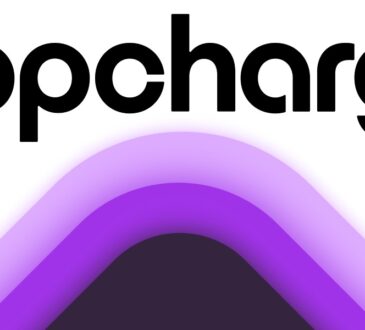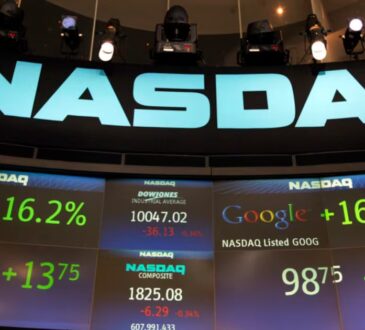
The Hong Kong Monetary Authority (HKMA) is rapidly defining its role in the global shift toward financial digitalization, exploring innovations from stablecoins and tokenized assets to central bank digital currencies (CBDCs) [para. 1]. As global competition in digital finance intensifies, with the U.S. establishing a legal regime for dollar-pegged stablecoins and China advancing its CBDC, HKMA’s Chief Fintech Officer, George Chou, outlined the city’s ambitious strategy in an interview. The HKMA is actively piloting projects like tokenized asset transactions and interbank settlements to stay at the forefront of these developments [para. 2][para. 3][para. 4].
Chou explained that digital money could make payment processes faster and more efficient, supporting around-the-clock transactions between consumers and businesses [para. 7]. The HKMA’s strategy balances innovation and market confidence by exploring CBDCs, tokenized deposits, and stablecoins as alternative payment options [para. 8]. Since 2017, the HKMA has delved into distributed ledger technologies, exemplified by Project mBridge, aimed at solving issues in cross-border payments; this initiative has reached the Minimum Viable Product (MVP) stage [para. 10]. The authority also launched Project e-HKD+ to study the issuance of an electronic Hong Kong dollar (e-HKD) for individuals and companies [para. 11]. Asset tokenization is another focus, with Project Ensemble supporting tokenization market development, now entering a pilot phase for real-value transactions [para. 13][para. 16]. To address risks and provide a regulatory framework, Hong Kong’s Legislative Council passed the Stablecoins Bill (effective August 1, 2024), aligning with international standards [para. 18][para. 19].
The HKMA has participated in global collaborations on multi-CBDC platforms, notably Project mBridge with partners like the People’s Bank of China, Bank of Thailand, and UAE Central Bank, which aims to reduce costs and complexities in cross-border payments [para. 26][para. 27]. Locally, Project e-HKD+ is investigating commercial use cases like programmability and atomic settlement, with its pilot program progressing in 2024 [para. 30][para. 31][para. 32]. Stakeholder collaboration is fostered through initiatives like the CBDC Expert Group and e-HKD Industry Forum for knowledge exchange [para. 35].
Project Ensemble seeks to unify and scale tokenization efforts in Hong Kong, supporting seamless interbank settlements using CBDCs and fostering market growth via a newly established Architecture Community [para. 39][para. 41][para. 42]. The Ensemble Sandbox allows 28 industry pioneers to experiment with 20 use cases, focusing on fixed income, fund tokenization, green finance, and even tokenizing real-world assets like EV charging stations to facilitate low-carbon investment [para. 46][para. 47][para. 48].
Key challenges include achieving interoperability across jurisdictions and aligning regulatory frameworks, which the HKMA addresses through dialogue, international collaboration, and developing standards via the Architecture Community [para. 58][para. 59][para. 61]. Moving forward, HKMA will pilot real-value tokenized asset transactions and share lessons from the Ensemble Sandbox and interoperability experiments to integrate with similar initiatives abroad [para. 68][para. 69][para. 70].
For the private sector, adapting to digital money and tokenization requires upskilling staff and building collaborative partnerships to capitalize on emerging opportunities and maintain consumer trust [para. 73][para. 74]. The HKMA has also improved local and cross-border payments through initiatives like the Faster Payment System (FPS), cross-linkages with Thailand’s PromptPay, and integration with China’s e-CNY, streamlining government, merchant, and cross-border payments [para. 80][para. 81][para. 85][para. 89][para. 90].
The future of Hong Kong’s tokenization market depends on regulatory, technological, and market factors. The HKMA continues exploring digital assets and developing an innovative, robust infrastructure to support adaptability and global competitiveness [para. 96][para. 97]. Finally, the HKMA’s “Fintech 2025” strategy has propelled widespread fintech adoption, data infrastructure reforms, and digital bank growth, with 95% of banks now leveraging fintech innovations [para. 101][para. 107][para. 112][para. 113], ensuring Hong Kong remains a leader in digital financial advancements.
AI generated, for reference only



